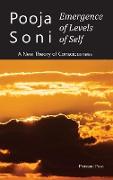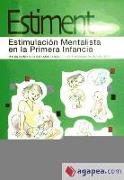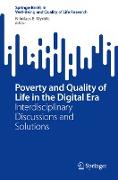Emergence of Levels of Self
BücherAngebote / Angebote:
Divided into eleven chapters, this monograph is an attempt to make sense of the teasingly evasive phenomenon of consciousness constituting the self using multi-disciplinary tools. For this investigation, the author uses various insights developed by psychology, material and biological sciences, linguistics and philosophy, particularly the idealistic schools of Indian philosophy. The enquiry starts with an account of entity which is defined as anything which has a unique identity, strongly reminding one of the concept of 'particularity' (visesa) postulated in the Indian Vaisesika system of atomistic pluralism. An entity is a self when it moves or appears to move in relation to a specific part of the environment and this moving activity is equated with the ability to make choices. Life is here conceived not necessarily in terms of biological functions but as a continuum of persist-escape interaction an entity undergoes when interacting with the environment. An entity which lacks the ability to interact is virtually dead in the perspective of the author.The author further argues that every entity strives to have all the properties attributed to God-like omnipotence, omnipresence and omniscience as well as eternal existence. Written in a terse style using multidisciplinary insights, the work painstakingly builds up its arguments in its attempt to fashion an allcomprehensive theory of self-hood and consciousness. It is written in a convincing manner, drawing insights from many sources and leaving no stone unturned in its quest. In short, it is very thought provoking and a welcome addition to philosophy.
Folgt in ca. 15 Arbeitstagen




